Dallas
214-456-2793
Fax: 214-456-5885
Plano
214-456-2793
Fax: 214-456-5885
214-456-2793
Fax: 214-456-5885
214-456-2793
Fax: 214-456-5885
Hypersomnia, or hypersomnolence, is excessive daytime sleepiness (EDS). While many daytime sleep disorders result from a lack of nighttime sleep, people with hypersomnia may sleep 10 or more hours each night. The condition is rare in children.
This type of disorder is also known as idiopathic hypersomnia and has not identifiable cause.
This is the result of another cause, such as lack of sleep or medical problems, including sleep apnea
The main symptom of hypersomnia in children is excessive drowsiness, often after sleeping for 10 or more hours at night.
While excessive daytime sleepiness is common in adolescents and adults, it is rare in children. Idiopathic hypersomnia is more unusual still—affecting less than one percent of the population.
Your child's doctor will perform a physical exam to rule out medical conditions that may be behind her excessive sleepiness. The physician may want older kids to keep a sleep diary for a week or more before recommending a sleep test. The following sleep tests can help diagnose hypersomnia in children:
If your child has a medical condition causing her excessive daytime sleepiness, she will need to be treated for that first. The following behavioral changes can help kids with both primary and secondary hypersomnia:
It is important to note there are currently no approved treatments for idiopathic hypersomnia. However, behavioral changes can be an effective way to treat idiopathic hypersomnia. Your child should have a regular sleep schedule and a comfortable bed and pillows in a quiet room.
The following medications are most often used to treat a secondary hypersomnia:
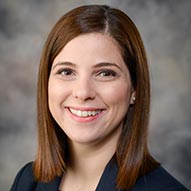
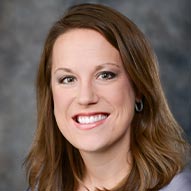

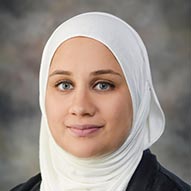
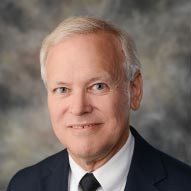
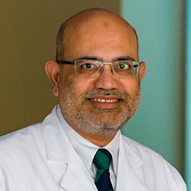
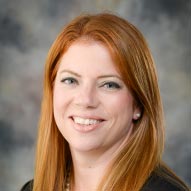
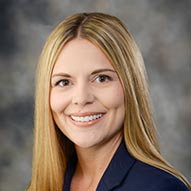
Hypersomnia is extremely rare in children. Only one percent of the population has idiopathic hypersomnia and most of them are adolescents and adults..
Kids with hypersomnia will often sleep more than 10 hours at night and nap another 4 to 8 hours during the day (if possible). They may also be extremely difficult to wake. Your child may nap in inconvenient or unacceptable places (such as school). Other symptoms of hypersomnia may include anxiety, irritation, loss of appetite and slow thinking or speech.
If your child has had symptoms for more than three uninterrupted months without an identifiable cause, see a doctor.
Because medications can have potentially life-threatening side effects, it is important for parents to monitor their child’s sleeping habits. Kids who have regular sleeping schedules, avoid caffeine before bedtime and sleep in a comfortable environment have better outcomes than those kids who don’t.